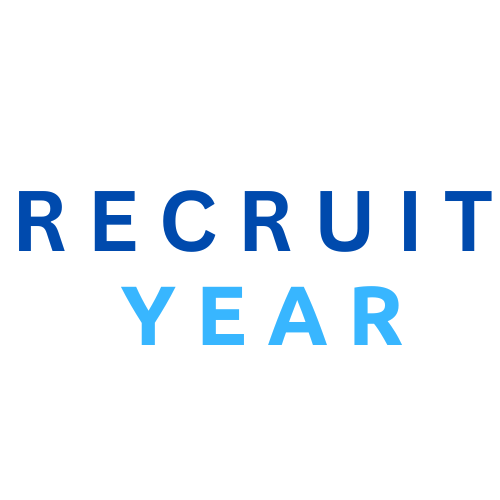Navigating the Shifting Landscape of Recruitment: Key Trends for 2023
In today's fiercely competitive job market, successful recruitment demands staying ahead of the curve. As skilled candidates have the freedom to choose their employers, the role of recruiters becomes pivotal. Recruiters serve as the initial touchpoint for candidates, making their influence on the overall hiring experience immeasurable. However, the recruitment process can be difficult for candidates to navigate.
Recruiters, aided by cutting-edge technology, play a vital role in streamlining and enhancing the recruitment experience. With the recruitment landscape in constant flux, it's crucial to stay informed about the latest trends.
Here are the key trends shaping recruitment in 2023:
Virtual Recruiting: Virtual recruiting is on the rise, with around 70% of companies indicating that at least half of their recruitment is virtual. This trend aligns with the growing importance of human capital management, especially in the context of remote work.
Remote Work: The hybrid model of in-person and remote work is becoming a permanent fixture. More than 1/3 of companies express willingness to hire remote workers from any location, reflecting the increasing demand for workplace flexibility.
Automation: Recruitment tasks are evolving with automation. Processes like candidate screenings and initial interviews are now automated, and asynchronous video technology is gaining traction for its efficiency in the applicant-to-hire journey.
Artificial Intelligence: AI is revolutionizing recruitment by sourcing candidates, reviewing resumes, and scheduling interviews. Its impact extends to eliminating biases from job descriptions and enhancing the overall efficiency of the hiring process.
Chatbots: Recruiting chatbots is invaluable for converting applicants and increasing candidate leads. They provide essential information about the organization, reducing the time spent by human recruiters on repetitive queries.
Predictive Analytics: Predictive analytics leverages historic and current data to empower recruiters with more informed decision-making. It assesses factors such as cultural fit, retention likelihood, learning ability, and engagement potential.
Benefits Expansion: Beyond traditional benefits, there's a growing focus on mental health and overall well-being. Companies offering diverse and inclusive benefits packages gain a competitive edge in attracting candidates.
Empathy: Infusing empathy into the recruiting process is crucial. Ensuring a positive experience for all candidates, regardless of the outcome, enhances the company's reputation and candidate perception.
Flexibility and Adaptability: Agility is key in 2023, with recruiters leveraging temporary workers and contractors to navigate uncertainties in budgets and maintain business continuity.
Social Recruiting: Recruiters are expanding their reach beyond LinkedIn, utilizing platforms like Facebook, Twitter, and Instagram. Social recruiting is gaining traction, especially among younger generations.
Webinars: With the absence of traditional job fairs, webinars are proving effective in creating brand awareness and engaging potential candidates.
Candidate Matching: Leveraging AI and machine learning, candidate matching software automates resume screening and shortlisting, improving recruiter efficiency.
Recruitment Marketing: Applying marketing funnel concepts to recruiting, companies focus on creating awareness, interest, decision, and action stages to attract and retain talent.
Creative Job Descriptions: Balancing clarity and cultural representation, creative job descriptions set the tone for what candidates can expect from the organization.
Internal Recruiting: Internal hiring is on the rise, with companies proactively using AI-powered platforms to facilitate employee mobility and enhance retention.
Diversity, Equity, and Inclusion (DEI): DEI commitment is crucial for businesses and job seekers, with candidates increasingly inquiring about diversity initiatives.
Employer Branding: Creating a positive employer image is vital for attracting and retaining top talent. Investing in employer branding helps companies stand out in a competitive market.
As technology continues to play a central role in recruitment, Human Capital Management (HCM) software emerges as a crucial tool. HCM platforms aid recruiters in efficiently finding talent, adapting to market changes, and measuring the impact of their efforts. Staying informed about the latest recruitment trends is essential for recruiters to navigate the evolving landscape effectively. Explore these trends to optimize your recruitment strategy and ensure your organization remains a top choice for prospective talent.


